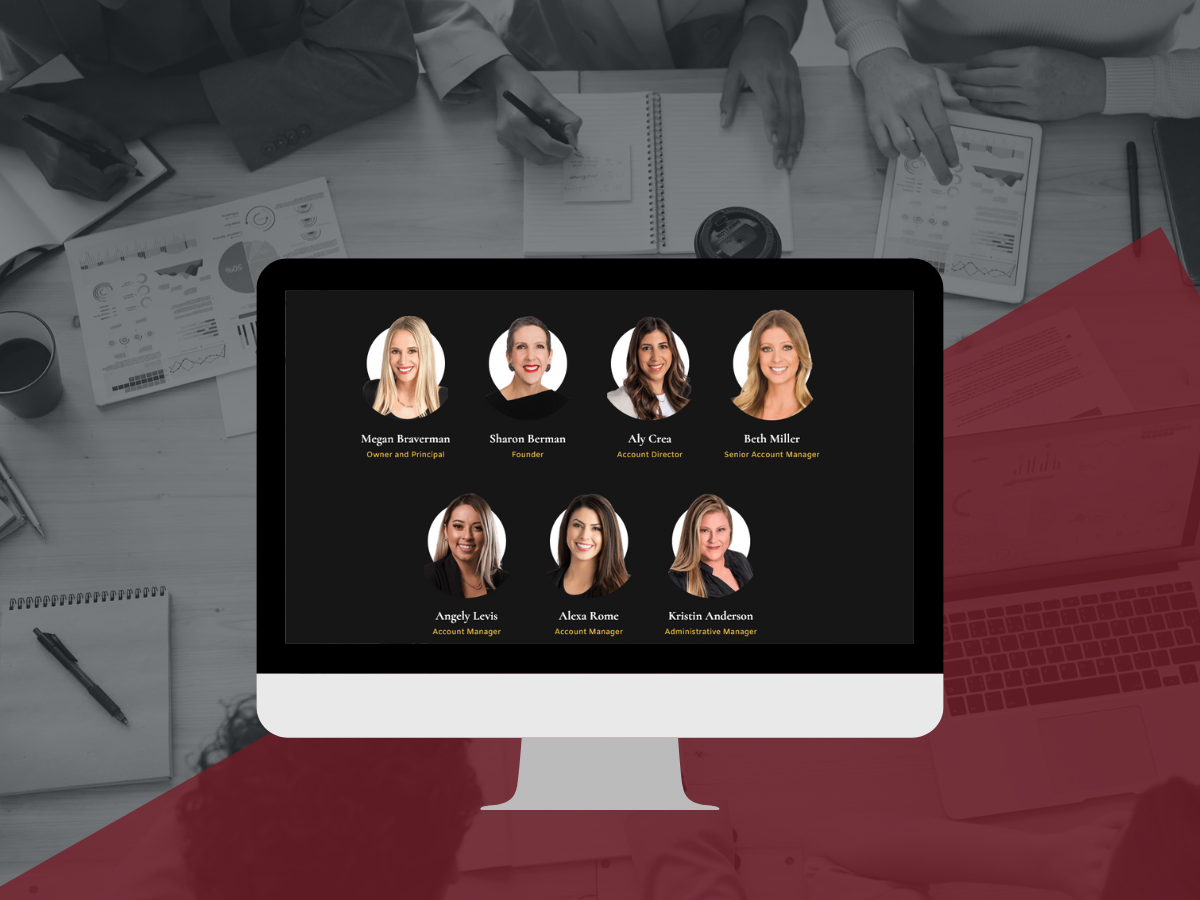
Press conferences are a powerful media relations tool, but they need to be employed strategically. Proper planning will ensure that your message gets across in the way you want.
Berbay Principal Megan Braverman has facilitated many press conferences. She joined the Law Firm Marketing Catalyst podcast, where she spoke about press conference best practices and shared her top 9 strategies.
- Make sure your news warrants a press conference. A press conference is no small undertaking, both for the firm hosting it and for the reporters attending. Use press conferences only when your news can’t be easily explained through a press release or another medium. If you have new or important information that needs to be shared in a sensitive, specific way, or if you have visuals, audio or a client who wants to tell their story, that’s a sign that a press conference is the way to go.
- Time it right. There are no days or times that guarantee more reporters will show up at your press conference. But you should avoid hosting one close to a holiday since people are more likely to be out of town. Also, think about your city’s rush hour and the travel time required for reporters. Consider hosting press conferences mid-day to avoid morning and evening commutes.
- Don’t let the cat out of the bag. Your media alert should have enough information to pique reporters’ interest, but not so much that they feel like it’s pointless for them to come to the press conference. Send an email with the specific who, what, when, where and why, but save the meat of the story for the actual event.
- Don’t mislead reporters. One of the most frustrating things for reporters is when they decide to attend a press conference, only to find that the information provided isn’t what they expected. Don’t overstate; be respectful of reporters’ time and be very clear about the story you’re offering.
- Invite the right people. A press conference is the rare event where fewer people coming isn’t necessarily a bad thing. The number of reporters you invite is less relevant than selecting the right people, so target the trade publications, regional outlets and local broadcasts that are relevant to the story.
- Choose the right venue. There are numerous venues where you can hold a press conference, from the law firm’s office, to a hotel banquet room, to the courthouse steps. All are viable options, but remember that you’ll have more control over the environment if you hold the press conference indoors. Outside may make it difficult to hear, and you can’t control lighting, noise or public onlookers.
- Limit the number of speakers. At most, you’ll want to have your client and one or two firm representatives speak. Any more, and the press conference can get chaotic, and it will be harder for reporters to capture everyone. Select a few people who are comfortable speaking to the media and have them focus on three to five key messages.
- Expect the unexpected. At an important event, there’s always the chance that something will go wrong. Plan for it by arriving to the venue several hours early, assessing the setup of the room and testing AV equipment. You should also prepare for the hard questions before the media gets a chance to ask them. Reporters aren’t out to get you, but they will ask controversial and provoking questions, so make sure you have answers for them.
- Get help from a public relations firm. Putting together a press conference takes planning, preparation and follow-up. A PR firm can help facilitate the event from start to finish, ensuring that the day goes smoothly and that your firm gets the media coverage it wants. When you have major news, it’s best to entrust it to the hands of experts.
Click here to download/subscribe to the Law Firm Marketing Catalyst podcast.



